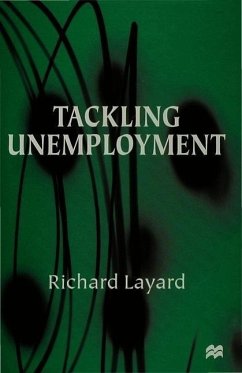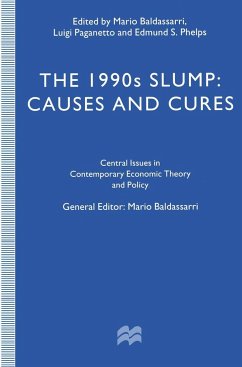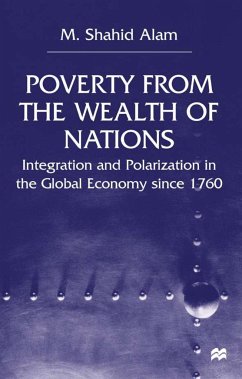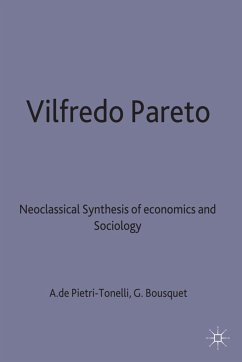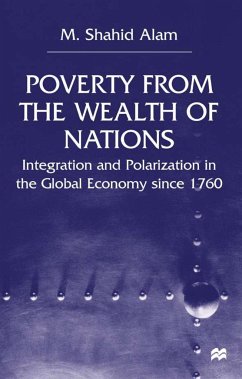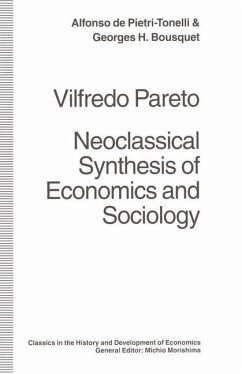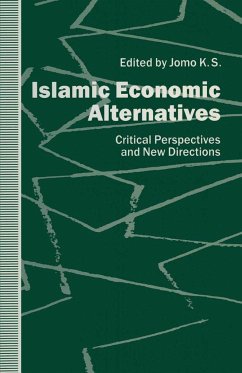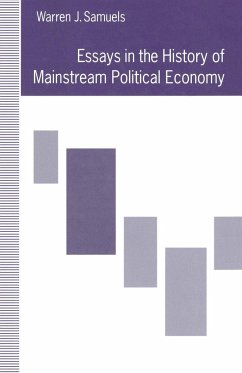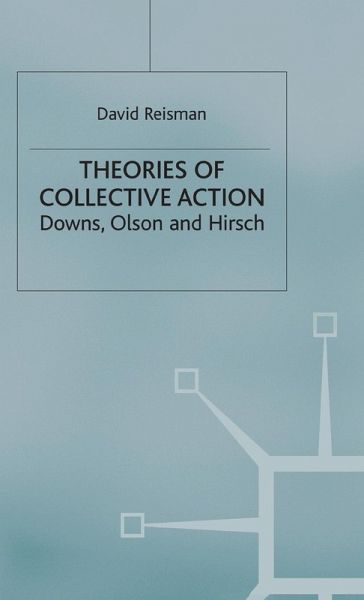
Theories of Collective Action
Downs, Olson and Hirsch

PAYBACK Punkte
57 °P sammeln!
Solutions to the pressing social and economic problems of our times, as outlined in the pioneering economic texts of Anthony Downs, Mancur Olson and Fred Hirsch, are explored in this book. The author seeks to examine and to evaluate important theories on collective action.
Individuals make decisions but they do not do so in a social vacuum. The goods they buy are frequently status-symbols in a zero-sum game which some will win and some must lose. Their consumption of commodities is subject to the constraint that what one can do, all cannot. The pressure of coalitions and interest groups, the self- interest of politicians and bureaucrats may all work against a solution being found for some of the most urgent social and economic problems of our times. These problems form the centrepiece of the economic approach to social interaction that has been pioneered by Anthony Downs, Mancur Olson and Fred Hirsch. This book seeks to examine and evaluate their important theories of collective action.





